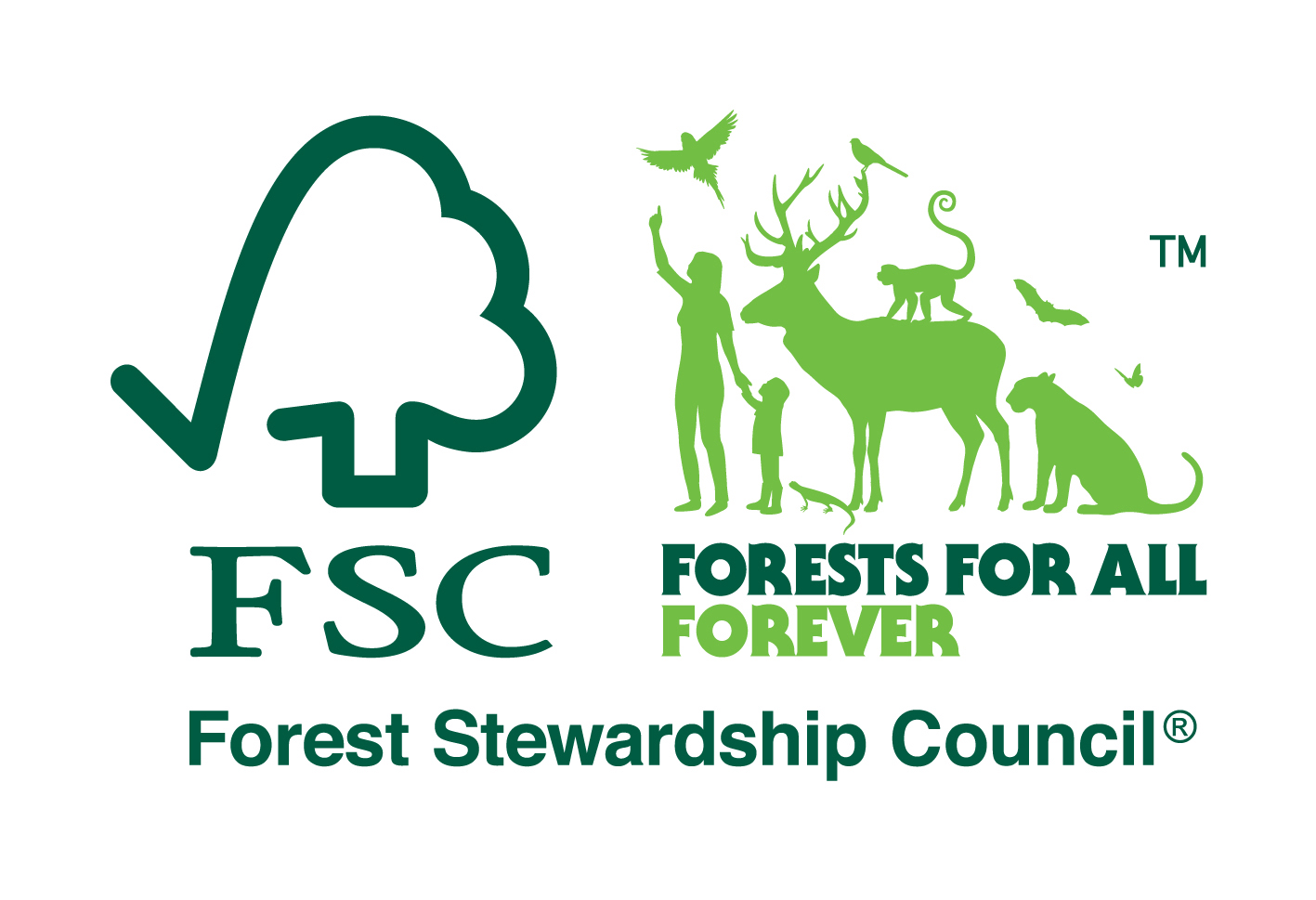
Features
Forestry Management
Final Cut: FSC Canada’s endorsement of the BC First Nations Forest Strategy a step forward
May 31, 2021 By Monika Patel

In 2019, the Forest Stewardship Council (FSC) introduced a new national standard for responsible forest management – a commitment to ensuring Canada’s forests meet the social, ecological and economic needs of present and future generations. Those needs are no more paramount than those of our Indigenous peoples, who are still fighting for inclusion in decisions around the use of their traditional territory.
Forests are interwoven into the fabric of Indigenous communities, who have relied upon them for food, medicine, homes and spiritual and cultural values well before the word “Canada” emerged. With 1.6 million Indigenous peoples in this country – 70 per cent of whom live in or near forests – FSC’s new forest management standard enhances and clarifies the need for Free, Prior and Informed Consent (FPIC), a key requirement of the United Nations Declaration on the Rights of Indigenous Peoples (UNDRIP), and compels all stakeholders to uphold these rights
To ensure there is broad support for the implementation of FPIC, initial and on-going engagement with Indigenous peoples must include governments and other stakeholders with whom the affected Indigenous peoples have a fiduciary relationship.
In May 2019, the BC First Nations Forestry Council (BCFNC) released a Forest Strategy. This strategy was developed to implement UNDRIP and modernize government-to-government relationships through a collaborative approach to forest governance, stewardship, and joint decision-making.
Harmonized efforts
Both the Forest Strategy and FSC’s new standard are based on the principles of shared responsibility and collaborative approaches, which are fundamental to the recognition of Indigenous peoples’ rights.
“Reconciliation is hard work, and it takes all of us,” says Charlene Higgins, CEO of the BCFNC. “This includes the need for the B.C. government to live up to their commitment to the Nations, put words into action, and fully endorse the Forest Strategy.”
In February this year, FSC Canada announced its endorsement of the Forest Strategy to support the engagement of all parties in its implementation, particularly the B.C. government.
“FSC Canada looks forward to accompanying the BC First Nations Forestry Council in the successful implementation of the Forest Strategy, along with an effective commitment from the Government of British Columbia to uphold UNDRIP,” says David Flood, chair of the board for FSC Canada.
Urgency felt
FSC has always been committed to creating forest certification requirements that yield tangible benefits to Indigenous peoples and the sector. In addition to FSC’s core principles and criteria – which identify and uphold Indigenous peoples’ legal and customary rights to own, use, and manage land, territories and resources affected by forestry activities – FSC Canada established a fourth “chamber” for Indigenous peoples in 1993.
From there, FSC worked to bring its new 2019 standard to fruition, leveraging six years of consultation with stakeholders to achieve unified, Canada-wide expectations on forestry management. Along with clear guidance around FPIC, it features indicators in Principle 3 that are building blocks to show how industry can specifically uphold Indigenous rights, compelling industry to treat Nations with respect in the direct agreement process.
“The coming into effect of the new FSC standard in 2020 in Canada strengthens the value proposition for First Nations to lead governance and stewardship. FSC is an international certification scheme focused on achieving sustainable forests for all forever,” says François Dufresne, president of FSC Canada
Time to build awareness
Today there is an opportunity for all forestry stakeholders to raise awareness of Indigenous peoples’ rights and interest in forest policy. That begins with listening to these communities, understanding their history with the land and respect for the environment.
FSC’s goal is to fully deploy its new standard in British Columbia and support efforts like BC’s First Nations Forest Strategy to help ensure that responsible forest management includes the respect of the Indigenous rights. While the work doesn’t stop here, it marks a key step forward to meaningful change.
Monika Patel is the director of program and communications at the Forest Stewardship Council (FSC) Canada and has been working within sustainability and communications for more than a decade.
Print this page